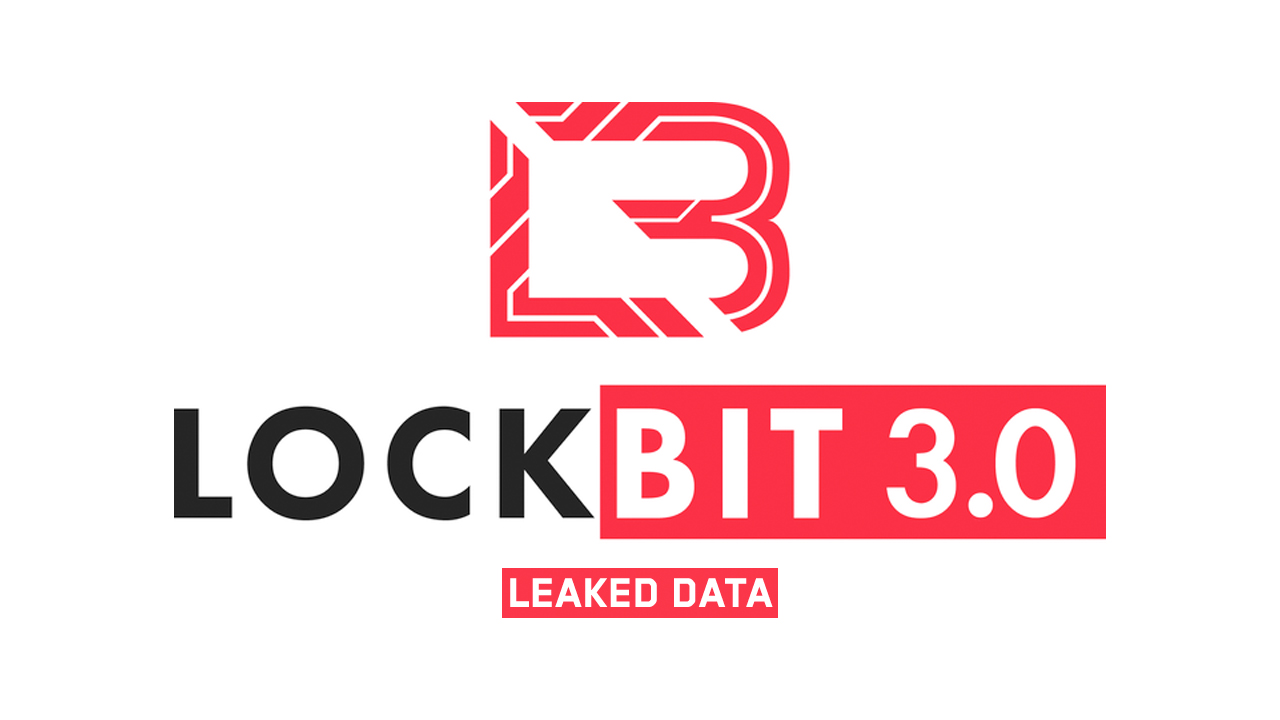Wordpress sites used to perform DDoS attacks
162,000 legitimate Wordpress sites performed the attacks using pingbacks and trackbacks.


More than 160,000 Wordpress blogs have been used to perform Distributed Denial of Service (DDoS) attacks against other websites.
The Wordpress sites were used to perform the attacks if they had pingbacks or trackbacks enabled, which is activated by default when a new blog is set up.
The problem was revealed when one site went down because it was getting too many access requests. Quickly, it was closed down by its host for overloading the server.
The website owner then contacted Securi Research to halt the attacks.
Sucuri CTO and OSSEC founder Daniel Cid said in a blog post: "Once the DNS was ported we were able to see what was going on, it was a large HTTP-based (layer 7) distributed flood attack, sending hundreds of requests per second to their server.
"All queries had a random value (like "?4137049=643182?) that bypassed their cache and force a full page reload every single time," Cid said.
The company discovered all the requests were coming from legitimate and non-harmful Wordpress sites sending random requests via a ping back request to the XML-RPC file, which quickly overloaded the server.
Get the ITPro daily newsletter
Sign up today and you will receive a free copy of our Future Focus 2025 report - the leading guidance on AI, cybersecurity and other IT challenges as per 700+ senior executives
Cid also explained in the post that Wordpress site owners can stop their site being involved in future attacks by inserting the code below into their Wordpress site:
add_filter( xmlrpc_methods', function( $methods ) { unset( $methods['pingback.ping'] ); return $methods; } );
Anyone who suspects their site may have been used in an attack can check its url against the logs on Securi's website.
Last month, web hosting firm CloudFlare was subject to a DDoS attack that was so large it slowed down European and US networks for more than 24 hours.
CloudFlare CEO Matthew Prince said via Twitter it was larger than the one suffered by anti-spam group Spamhaus last year and warned, Someone's got a big, new cannon. Start of ugly things to come.'

Clare is the founder of Blue Cactus Digital, a digital marketing company that helps ethical and sustainability-focused businesses grow their customer base.
Prior to becoming a marketer, Clare was a journalist, working at a range of mobile device-focused outlets including Know Your Mobile before moving into freelance life.
As a freelance writer, she drew on her expertise in mobility to write features and guides for ITPro, as well as regularly writing news stories on a wide range of topics.
-
 CISA issues warning in wake of Oracle cloud credentials leak
CISA issues warning in wake of Oracle cloud credentials leakNews The security agency has published guidance for enterprises at risk
By Ross Kelly
-
 Reports: White House mulling DeepSeek ban amid investigation
Reports: White House mulling DeepSeek ban amid investigationNews Nvidia is caught up in US-China AI battle, but Huang still visits DeepSeek in Beijing
By Nicole Kobie
-
 UK crime fighters wrangle “several thousand” potential cyber criminals in DDoS-for-hire honeypot
UK crime fighters wrangle “several thousand” potential cyber criminals in DDoS-for-hire honeypotNews The sting follows a recent crackdown on DDoS-for-hire services globally
By Ross Kelly
-
 US begins seizure of 48 DDoS-for-hire services following global investigation
US begins seizure of 48 DDoS-for-hire services following global investigationNews Six people have been arrested who allegedly oversaw computer attacks launched using booters
By Zach Marzouk
-
 Will triple extortion ransomware truly take off?
Will triple extortion ransomware truly take off?In-depth Operators are now launching attacks with three extortion layers, but there are limitations to this model
By Connor Jones
-
 GoDaddy web hosting review
GoDaddy web hosting reviewReviews GoDaddy web hosting is backed by competitive prices and a beginner-friendly dashboard, and while popular, beware of hidden prices
By Daniel Blechynden
-
 Japan investigates potential Russian Killnet cyber attacks
Japan investigates potential Russian Killnet cyber attacksNews The hacker group has said it’s revolting against the country’s militarism and that it’s “kicking the samurai”
By Zach Marzouk
-
 LockBit hacking group to be 'more aggressive' after falling victim to large-scale DDoS attack
LockBit hacking group to be 'more aggressive' after falling victim to large-scale DDoS attackNews The ransomware group is currently embroiled in a battle after it leaked data belonging to cyber security company Entrust
By Connor Jones
-
 Record for the largest ever HTTPS DDoS attack smashed once again
Record for the largest ever HTTPS DDoS attack smashed once againNews The DDoS attack lasted 69 minutes and surpassed the previous record of 26 million RPS
By Praharsha Anand
-
 Cloudflare unveils new One Partner Program with zero trust at its core
Cloudflare unveils new One Partner Program with zero trust at its coreNews Cloudflare CEO Matthew Prince says the initiative aims to take the complexity out of zero trust architecture
By Daniel Todd